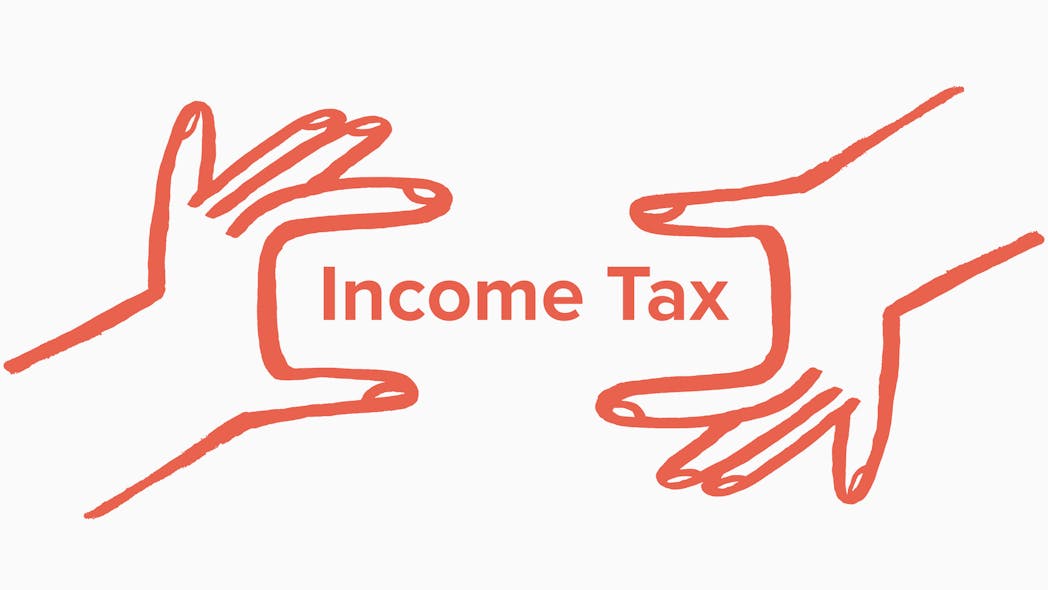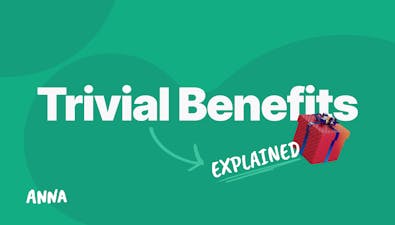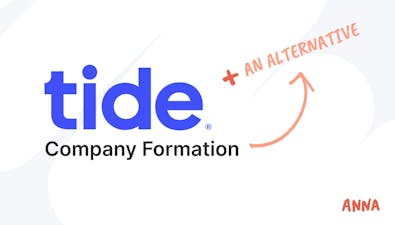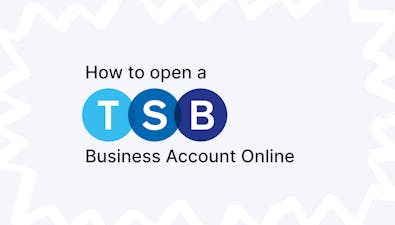

Income tax is one of the most common taxes in the UK, is the largest source of revenue for the UK government and almost all of us will end up paying it – but what exactly is it?


What exactly is income tax?
The easiest way to explain income tax is this: it’s the tax paid on your personal income.
A huge range of incomes are liable for income tax – here are a few examples:
- Employment income
- Self-employment income
- Rental or Property income
- Investment income – such as dividends
- Certain state benefits – Employment and Support Allowance, Jobseekers Allowance for example
- Income from trusts and/or estates
For most of us, income tax is deducted at source. That means that it’s handed straight from the paying authority (that’s usually your employer) to HMRC without ever reaching you. However, if you’re self-employed income tax isn’t deducted at source – you have to assess how much income tax you owe and it’s then up to you to pay it to HMRC.
Taxable vs non-taxable income
Income tax is only charged on your taxable income so it’s really important to know the difference between taxable and non-taxable income – and as always you should seek advice if you’re not sure.
There are lots of different factors that could affect what income is taxable and how much of it is charged to UK income tax – such as residence status, reliefs available (such as losses or personal allowance) and legislation.
Income can be received either gross (before tax is taken off) or net (after tax is taken off) but it’s important to remember that when you’re calculating your final figure of taxable income for the year, you always use the gross figure.
Below are some examples of taxable income and beneath that we take a look at non-taxable income.
Taxable income
Employment related Income
- Salary – including wages, bonuses, commissions etc.
- Benefits in Kind – such as company cars or health insurance
- Reimbursed expenses – where your employer reimburses you for expenses and tax legislation prohibits a deduction
- Statutory payments such as maternity or sickness pay
- Redundancy/termination payments – where total is over £30,000 generally
- Certain share schemes or gifts of shares from employers
- Retainers
- Vouchers that can be exchanged for cash
Basically anything where there is a direct correlation between your employment, service provided and reward will be treated as employment income and charged to Income Tax (and generally National Insurance too!).
Self-employment income
- Trading profits including but not limited to:
• Sales
• Gifts over certain limits
• Post cessation receipts
• Grants and compensation payments
• COVID-19 support payments - Royalty receipts or other intellectual property receipts
Rental or Property Income
- Receipts from letting out a property
- Part of premium received on granting a lease on property
- Renting parking space, or land for other use
- Renting a room in your house – provided more than £1,000
Investment/Savings Income
- Interest received on savings
- Dividends received from companies
- UK government stocks/gilts/bonds income
- Personal income (i.e. income from employment or self-employment)
- Unincorporated business profits
- Investment and savings income
- Rental income
- Pension income
- Some social security benefits
Examples of Non-taxable Income
- Most state benefits – such as Universal Credit, Tax credits, maternity allowance etc.
- Lottery, gambling or NS&I premium bond winnings
- Trading or property rental income less than £1,000 per annum
- Overseas income if not resident in the UK
- ISA income
- Educational grants and scholarships
For an even more exhaustive list, check the What income is taxable? article on tax basics.
As if that weren’t enough, there are also different types of reliefs and allowances that apply to each of these revenue streams. There are also different tax rates depending on whether the income is classified as Non-Savings, Savings or Dividend Income.
As we always say – if in doubt you should always ask a professional.
Open a business account in minutes







